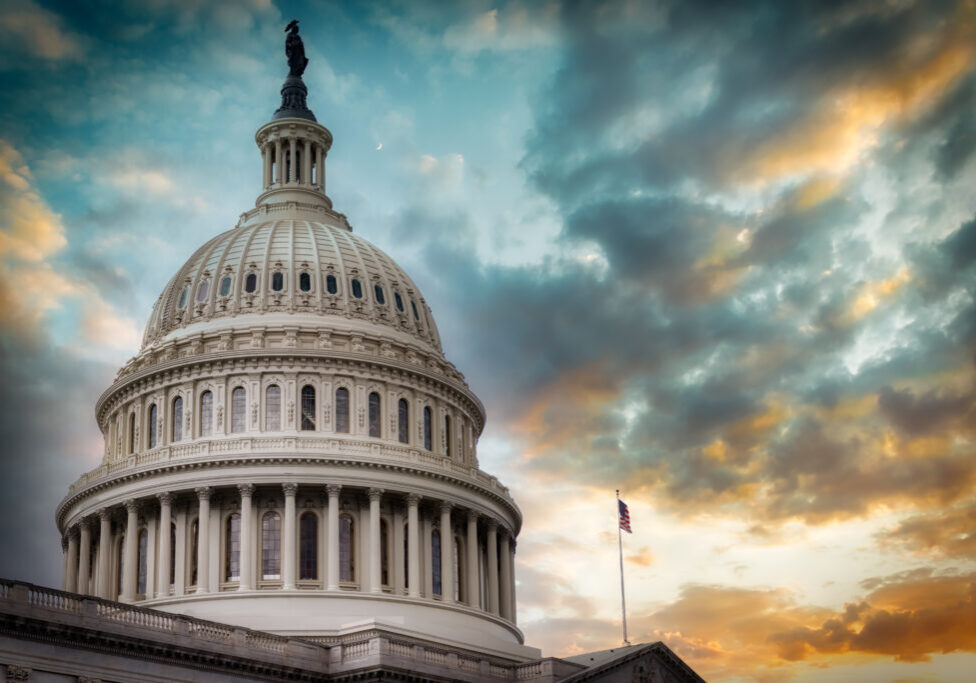Louisiana lawmakers could meet as early as October to redraw the boundaries for the state’s congressional districts. House Speaker Phllip Devillier told state lawmakers on Tuesday to be available between Oct. 23 and Nov. 13 for a possible special session. The move comes as several states, including Texas and California, are redrawing House districts along partisan lines ahead of the 2026 congressional midterms. Louisiana is at the epicenter of a legal battle that could neuter the federal Voting Rights Act and terminate the state’s current congressional map. The Times-Picayune | Baton Rouge Advocate’s Alyse Pfeil reports:
“I don’t think anything is a definite at this point,” [Rep. Beau Beaullieu] said. Beaullieu noted that oral arguments before the Supreme Court are scheduled for Oct. 15, and it’s not possible to know how the high court will rule or what type of action lawmakers would have to take as a result. At the same time, there’s only a narrow window for a special session between that October date and when lawmakers start to become unavailable with the holidays.
In January 2024, the Louisiana Legislature complied with a federal court order to add a second Black-majority congressional district.
Immigrant-tracking laws take effect
State agencies in Louisiana are now required to verify the citizenship or immigration status of people accessing public benefits, under two new laws that recently went into effect. Undocumented immigrants, while ineligible for most public benefits, can seek benefits for their U.S. citizen children. But as Verite News’ Bobbi-Jeanne Misick explains, the new laws could deter families from applying for benefits, even when they are eligible:
However, as the heads of household, those parents must include information about themselves, including their immigration statuses and earnings. “The most difficult [situation] for an immigrant is when you go to an agency to seek services, not for ourselves, but our U.S. citizen children. We are the head of the family, so they have all of our information,” said one Metairie mother, an undocumented immigrant from Honduras whose son is a U.S. citizen. “From the moment they have our addresses, the fear starts to grow.”
Neither law provides funding or guidance for agency leaders:
Act 419 applies to several agencies, including the Departments of Health, Education, Children and Family Services and Corrections. A provision in Act 419 states that “implementation … shall be subject to the appropriation of funds by the legislature.” The state budget for this year does not include specific earmarks for implementation of the bills, but that would not necessarily be required if the agencies have enough money in their budgets to follow the new laws.
During last spring’s legislative session, Invest in Louisiana’s Sissy Phleger explained why the two pieces of legislation were a threat to the state’s safety net.
The cooled vs. the cooked
More intense summer heat is an inconvenience for those who work mostly indoors, but can pose a serious health threat to those who work outdoors or without air conditioning. Jeff Goodell, in a guest column for the New York Times, explains who is being affected most by rising temperatures and why heat is creating a new American inequality:
And most of all, workers who spend eight or 10 hours a day working outdoors. In the United States, that often means people of color and immigrants. Latinos account for one-third of all worker heat fatalities, while farmworkers face the highest rates of death from heat-related injuries and illnesses. All in all, low-paid workers suffer five times as many heat-related injuries as their highest-paid counterparts.
Only a handful of states have laws to protect workers from extreme heat, and there’s no effort at the federal level to address the issue. This reality leaves many workers in a compromising position:
Without protections, many workers are forced into a kind of extreme heat arbitrage: I need the paycheck, so I will work in the heat and keep my mouth shut and gamble that it won’t kill me. Even workers whose employers try to do the right thing understand it’s a dangerous bargain.
The future of short-term degree credentials
Short-term college credentials are gaining popularity among U.S. students. These credentials are cheaper and less time-intensive than traditional degrees, and can be tailored for jobs in high-demand fields. Pew’s Brian Denten and Shelbe Klebs explain ways that states can support and expand short-term credential options:
These range from state authorization, which determines which postsecondary institutions can operate within a state, to program eligibility for financial aid that states may provide for students. Underlying these policies are important questions about how states define program quality and what success looks like for students after completion. However, there is significant variation in how states use these tools, and the responsibility for implementing new or updated policies is often spread across multiple state agencies.
Number of the Day
$879.9 billion – Federal government’s net interest on the national debt in 2024. This was slightly more than the government spent on Medicare ($874.1 billion) or national defense ($873.5 billion). (Source: Pew Research Center)
